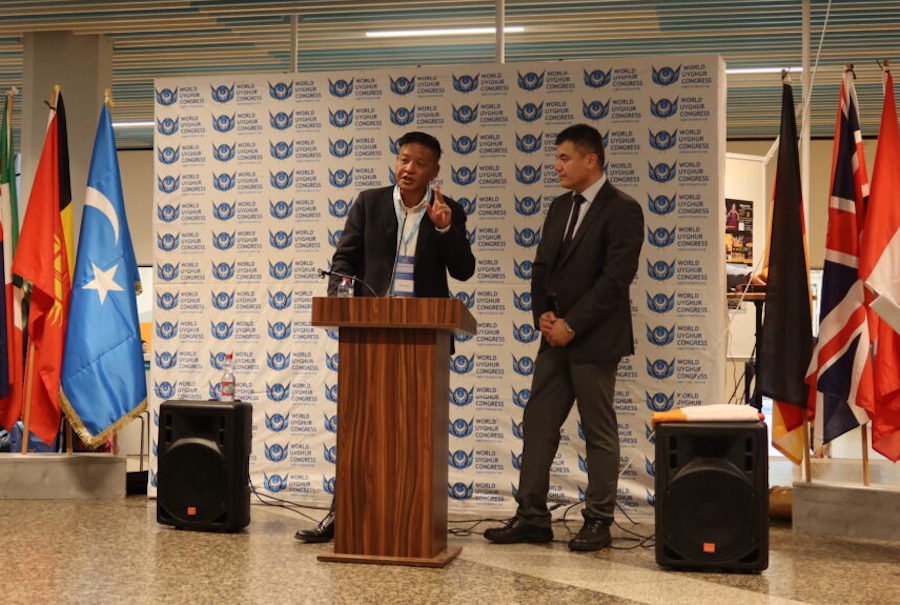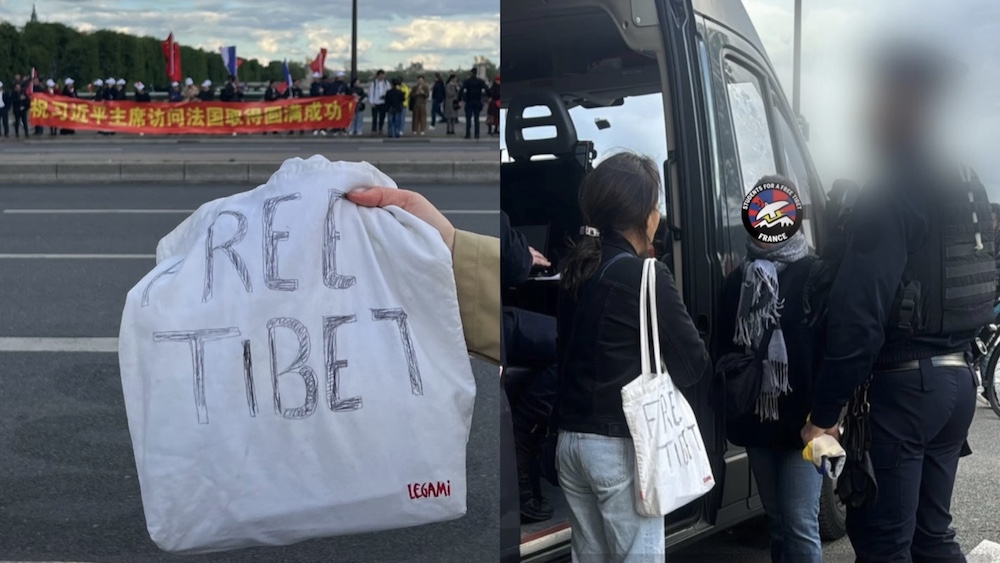By Bhaskar Sharma
KATHMANDU, June 17 – A statement received exclusively by The Kathmandu Post today from the office of United States Senator Dianne Feinstein said that the Senator has withdrawn a preferential legislation from the US Senate that sought to allow duty-and quota-free market access to Nepali garments in the US.
“Senator Feinstein has withdrawn her support for the legislation and has asked that the bill not be considered,” Kim Turner, Press Secretary of Senator Feinstein, today wrote. Turner was replying to queries raised by The Kathmandu Post over the telephone.
In other words, the US Senate would not consider the bill anymore. The legislation is ‘officially’ out of the Senate. The bill was being considered in the Committee of Finance of the Senate when Senator Feinstein expressed to backtrack her support.
The latest statement from the Senator’s office ends ‘whatever’ optimism Nepali garment entrepreneurs harboured. Entrepreneurs, as well as government officials here were of the view that the bill’s formal withdrawal from the Senate was yet to come.
Nonetheless, garment entrepreneurs said that the government must immediately initiate steps to persuade and convince the US Senator on the socio-economic impact of the bill’s revocation on Nepal. Nepal’s garment industry employs over 100,000 workers – half of them women – and sustains the livelihood of over 350,000 people.
“The government must try and convince Senator Feinstein to reintroduce the bill for consideration yet again,” said Kiran Saakha, president of Garment Association of Nepal (GAN). “A high level delegation must immediately go to the US for follow up and meet Feinstein.”
Following a GAN delegation, even Prime Minister Surya Bahadur Thapa wrote to the US Senator, requesting to prevent the ousting of the bill from the Senate. The letter was sent on Monday, sources close to the premier revealed.
Feinstein’s decision to retract her support for the bill had come in the wake of Nepal’s ‘poor’ handling of the extradition of eighteen Tibetans recently. The issue had raised international furore and drawn flak from most governments abroad.
A statement posted in the Senator’s official web-site www.senate.gov/~feinstein cites the extradition of the Tibetans on May 31 as the main reason. The statement says that Senator Feinstein was dismayed at the Nepali government’s imprisonment and deportation of eighteen Tibetans to China. Many of them deported were minors as well.
As per the statement, the Senator had written to the Nepali Ambassador in the US saying, “By its actions…Nepal is sending a message that it will no longer follow well-established international protocols and international law in its treatment of Tibetan refugees.” However, the Nepali government had deported the Tibetans stating that they had illegally crossed over to Nepal.
“Nepal’s decision to turn away from this policy…is particularly troubling, especially given that eight of the 18 were reported to be seriously ill from the conditions they faced in prison over the past month…,” the statement quotes the Senator’s letter.
“Under these circumstances, I do not believe I can in good conscience proceed at this time to move the Nepali garment legislation in the US Senate,” the statement says.
The enactment of the legislation would have granted duty free status to Nepal’s textile and apparel imports in the US for a two-year period beginning on October 1, 2003 and ending on September 30, 2005. This is the same status granted to participating countries under the African Growth and Opportunity Act of 2000.
The legislation would have dismantled tariff for Nepal’s garment exports to the US. Garment exports from countries, including Nepal, which do not receive any preferential trading treatment, are subjected to an average tariff level of 18 per cent.
Likewise, a green signal from the US Senate and Congress could have led to a huge surge in garment exports. Entrepreneurs claim that the export of the prime foreign currency earner could have rose 200-300 percent. Garment exports in 2002 stood at US$ 106 million.









